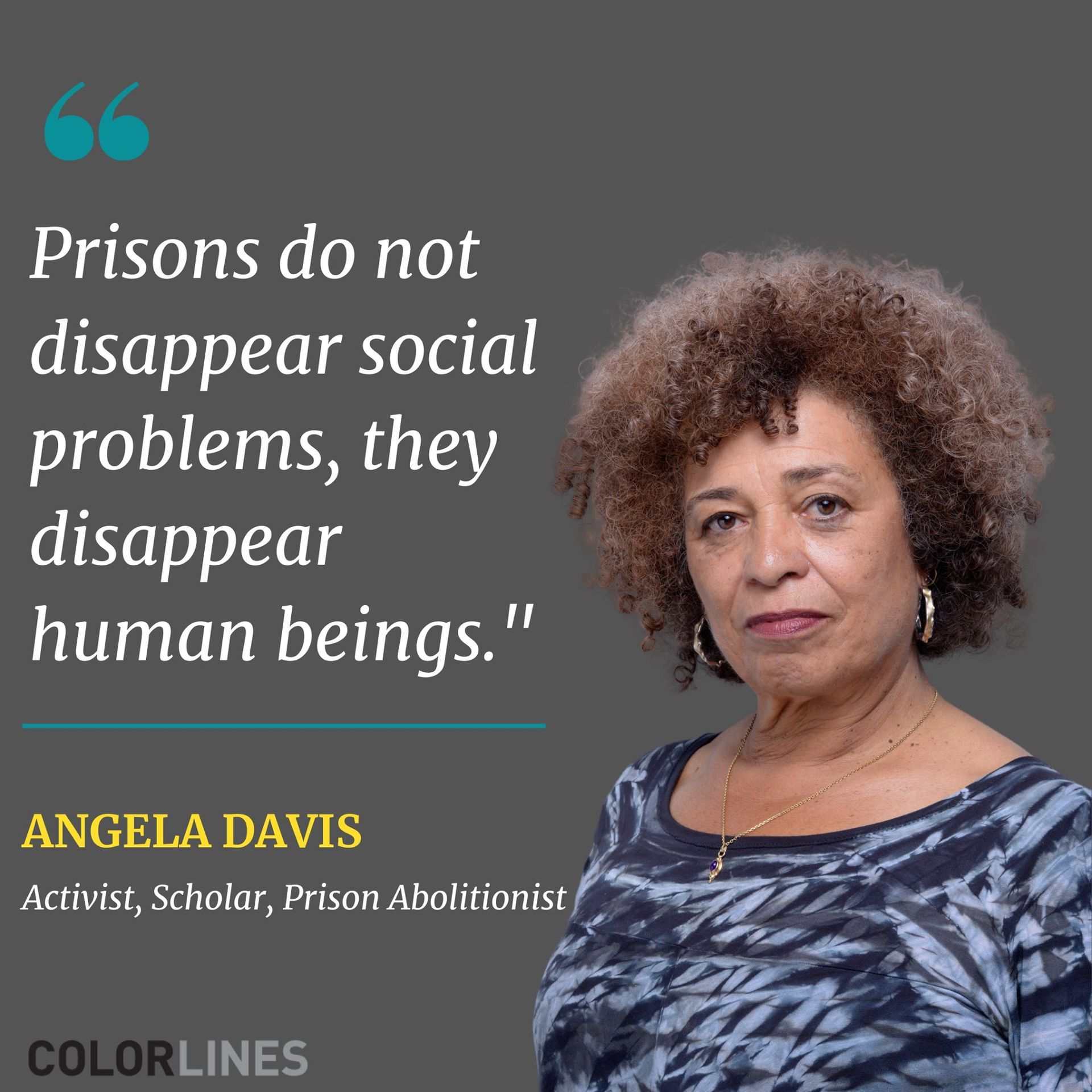LWOP Sentences Cause More Harm Than Good to Communities
LWOP and other severe sentences show no indication of deterring crime

It is common knowledge that the United States incarcerates more people per capita than any other country; five times the rate of most industrialized, "first-world" countries. The United Kingdom, the country next highest on the list, incarcerates a quarter as many: 133 per 100,000. Almost as well-known is that prison sentences in the US are longer and harsher than those in any country with which we like to compare ourselves. Courts in the United States apply life sentences at a rate of 50 per 100,000, about the same as the entire incarceration rate for countries like Finland, Sweden and Denmark. One in seven prisoners in the United States is serving a life sentence: more than 200,000 people, a greater number than were incarcerated for all crimes in 1970.
The number of people in the US serving life without parole (LWOP) sentences has increased 66 per cent since 2003. Germany outlawed LWOP in 1977, and in 2013 the European Court of Human Rights decreed that Article 3 of the European Convention of Human Rights prohibited LWOP as a form of ‘inhuman or degrading treatment or punishment’. Because of the barriers to getting parole, many life sentences are in fact LWOP sentences. Moreover, ‘virtual life sentences’ – those greater than 50 years – effectively condemn almost all those serving them to a life in prison. In 2016, more than 44,000 people in the US were serving virtual life sentences.
Can anything justify these harsh sentences, in particular life or other very long sentences?
Retribution, deterrence, incapacitation, and rehabilitation are all concepts that have been central to sentencing theory, policy, and practice over the last two centuries. But these principles have been backed by paltry evidence of success, and more evidence of harm. They haven’t been effective in delivering accountability, building public safety, or repairing harm, results we ask sentencing to deliver. They have, however, disproportionately hurt Black and Latino communities.
Severe sentences do not deter crime. Retribution often does not help survivors of crime heal. As a rule, we overestimate who presents a current danger to the community and when incarceration is needed for public safety. Consistently, rehabilitation best occurs in the community, not in prisons.
A February report from the Vera Institute of Justice details the harm LWOP sentences have on communities that far outweighs any tangible benefits, and outlines seven recommended reforms to sentencing guidelines to reduce reliance on unjust, cruel, and profoundly wasteful LWOP sentences;
- Capping prison sentences at a maximum of 20 years for adults convicted of the most serious crimes and 15 years for young people up to age 25.
- Expanding “good-time” credit; opportunities to earn time off of sentences for behavior that demonstrates repair and growth.
- Removing prior conviction sentencing enhancements.
- Abolishing mandatory minimums.
- Allowing any conviction, regardless of severity, to be eligible for a community-based sentence.
- Creating second-look resentencing options for those currently behind bars.
- Mandating racial impact assessments for crime-related bills.
You can read and download the full report titled "A New Paradigm for Sentencing in the United States" on the website for the Vera Institute of Justice, an organization that works to transform the criminal legal and immigration system so that money doesn’t determine freedom; fewer people are incarcerated; and everyone behind bars is treated with dignity.










